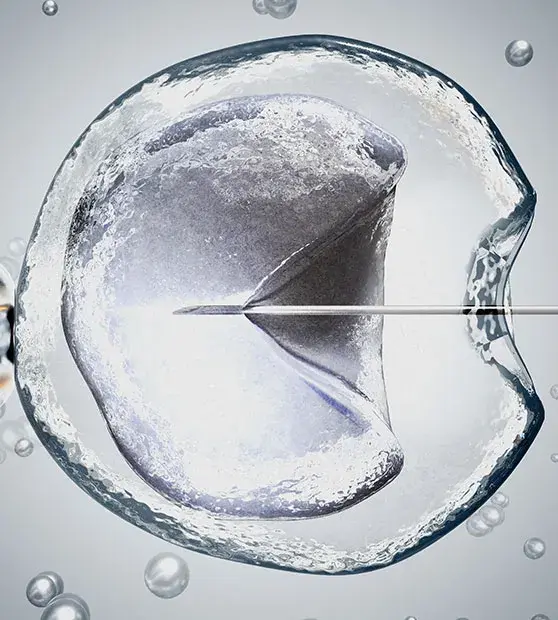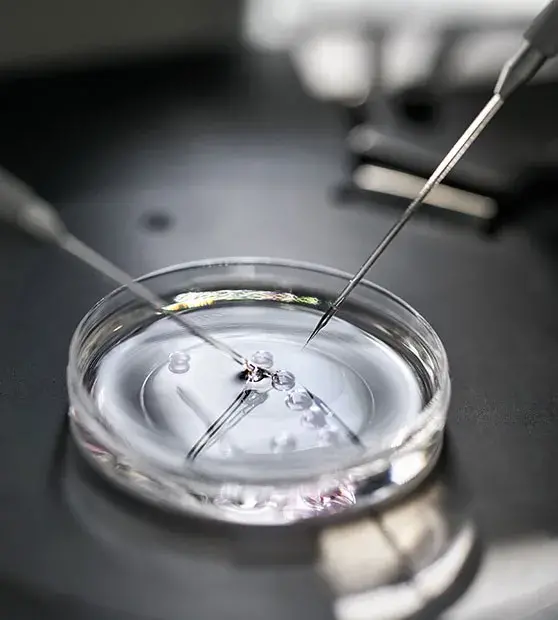Lifestyle Modification
In addition to the many treatment options available, couples who are trying to get pregnant need to make some necessary modifications in their lifestyle to enhance their chances:
Lifestyle can have profound effects on the reproductive functions of women and men. Day to day habits, routine, and other lifestyle-related factors greatly impact fertility, overall health, and well-being. These can be modified and changed easily.
Fertility is impacted negatively by many factors that include:
- Age at which to start a family
- Nutrition
- Weight
- Exercise
- Psychological stress
- Environmental and occupational exposures
- Lifestyle factors such as cigarette smoking, obesity, lack of sun exposure, illicit drug use, alcohol, and caffeine consumption.
Age
Age is one of the most important factors that affect fertility. Fertility peaks and then decreases over time in both, men and women. This fertility decline is more apparent in females than in males. Often, due to different reasons like familiar, social, or profession-related issues, it is difficult to decide on an ideal time to start a family.
Diet and Exercise
Nutrition
Healthy food and a balanced diet rich in mixed food types promote and are key in maintaining good overall health. There are certain vitamins and foods that give an extra boost to reproductive health.
Aspects of diet that may have an impact on fertility:
- Consuming a diet rich in carbohydrates, fibers, folate, and lycopene as well as consuming fruits and vegetables are associated with improved semen quality in men and ovulation in women
- Consuming lower amounts of both proteins and fats were more beneficial for fertility
- Moreover, some research suggests that a high amount of antioxidants has been demonstrated to increase semen quality, compared to low and moderate amounts.
Weight
Bodyweight can have significant effects on health, including cardiovascular disease, diabetes, and infertility. Excess weight and obesity in men and women lead to a reduced:
- frequency of intercourse
- semen quality
- irregular cycles with no periods at all and anovulation (absence of ovulation)
- the endometrial receptivity in women is also directly related to the bodyweight
Hence, also an extremely low weight in females leads to irregular cycles or even to a total stop of the period bleeding.
Exercise
A healthy amount of exercise can be beneficial. Diet combined with exercise in obese males has been shown to increase sperm number and motility (movement) and to improve sperm morphology (shape).
Cigarette Smoking
Tobacco smoking has been linked to reduced fertility in both, men and women
In men smoking increases:
- the risk for erectile dysfunction
- decreased sperm quality with lower counts (number of sperm)
- reduced motility (sperm’s ability to move)
- increased numbers of abnormally shaped sperm
Female smokers may be affected by:
- chemicals (nicotine, carbon monoxide) found in cigarette smoke which speed up the loss rate of the eggs
- impaired quality of the eggs
- if they get pregnant, they have a higher risk for pregnancy complications and a higher risk for having a baby with a low birth weight
Alcohol
Avoid an excessive amount of alcohol drinks, as they may decrease the production of testosterone, increase the rate at which testosterone is cleared from the bloodstream, and increase a man’s estrogen levels. All of these lower testosterone levels, which can harm sperm production and interfere with the ability to have intercourse.
Women who drink large amounts of alcohol have a higher chance of experiencing infertility. According to research, it may affect hormonal fluctuations including increased estrogen levels, which in turn reduces levels of Follicle Stimulating Hormone (FSH) and suppresses ovulation, however many mechanisms are still unknown.
Caffeine
To protect your fertility, consider limiting the amount of caffeine in the diet. Some research suggests that too much caffeine might increase estrogen production or decreased estrogen metabolism. However, none of these is conclusive, and more research is needed.
Anabolic Steroids
Some men use anabolic steroids for muscular body training and to decrease body fat. The use of those steroids harms male fertility by interfering with the hormone signals that are needed to produce sperm. The damage may depend on the dose and how long the man takes them, however, most men recover sperm production 3-12 months after they stop taking the anabolic steroids.
Environmental and Occupational Exposures
Air pollution, exposure to heavy metals such as lead, mercury, boron, and aluminum, and exposure to pesticides and other chemicals may have various damaging effects on the reproductive health of both men and women. Moreover, exposure to various kinds and amounts of radiation can have lasting effects on humans. The damage done depends on the age of the patient and dose and ultimately can result in permanent sterility.
Other factors
Other factors such as the type of clothing a man chooses to wear may have effects on reproductive health. Avoid wearing tight jeans, bicycle shorts, or leather pants that hold the testicles close against the body because the temperature may rise.
Even if the temperature in or around the testicles is raised slightly (as small as 1-4 degrees Fahrenheit), it has a direct impact on both sperm and testosterone production. . This may also happen if you wear undershorts made of nylon or other artificial fibers, even if they’re not tight. In addition, spending time in hot tubs, Jacuzzis, and saunas and taking long, hot showers or baths also overheat the sperm cells and may significantly impair sperm function.
Lifestyle factors have the potential to impact fertility. It is important to understand the ways in which lifestyle behaviors may benefit or harm fertility in order to minimize complications and maximize fertility outcomes. By understanding the impact of lifestyle on reproductive health, and by actively modifying lifestyle behaviors, men and women are capable of controlling their own fertility potential.




